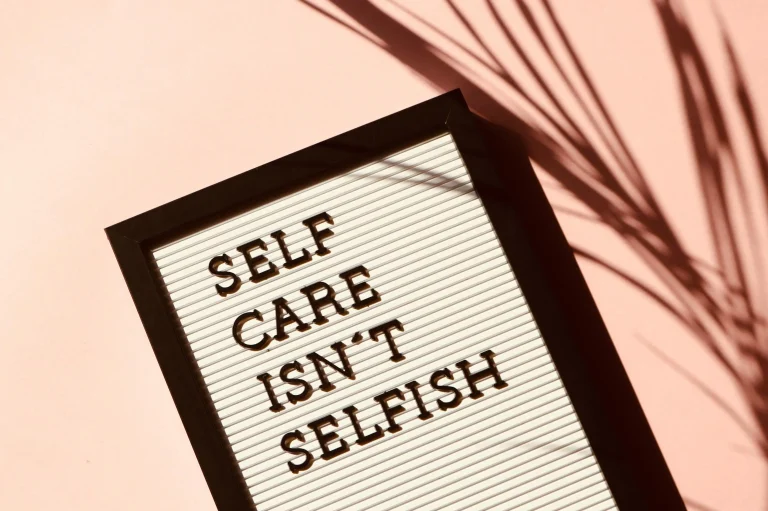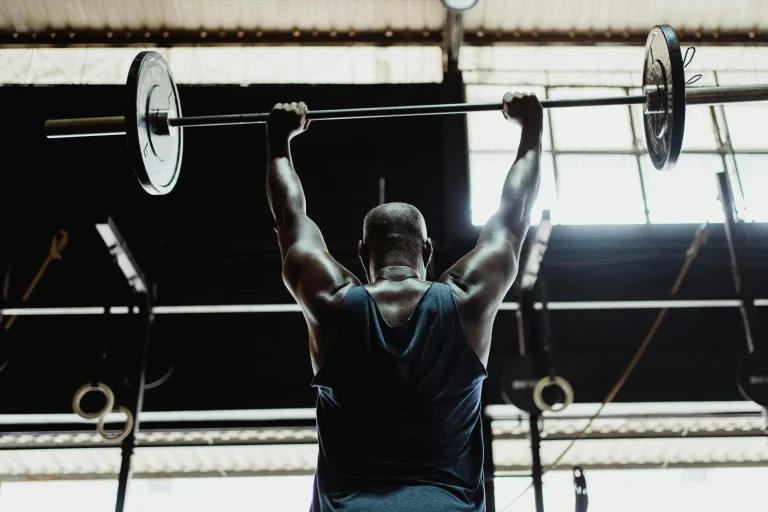You can train hard, eat clean, and track every macro — but if your sleep is off, your gains will be too. Sleep isn’t just a passive state of rest. It’s where the real magic happens. Your body gets to work — repairing, rebuilding, and resetting.
Think of sleep as your silent training partner. It doesn’t cheer or count reps, but it shows up every night to help you grow.
What Happens to Your Muscles While You Sleep
Every workout leaves tiny tears in your muscle fibers. That’s the signal. But the actual repair — and growth — kicks in when you sleep. Especially during deep, slow-wave sleep, your body shifts into full recovery mode.
What’s happening while you snooze:
- Protein synthesis ramps up, patching up those microtears
- Growth hormone surges, fueling repair and regeneration
- Cortisol levels drop, easing inflammation and stress
- Glycogen stores refill, prepping you for your next workout
Insight: Sleep is your body’s overnight construction crew. You lay the foundation in the gym — sleep builds the house.
By signing up, you agree to receive emails from RealFit Wellness. You can unsubscribe anytime. See our Privacy Policy.
Your Weekly Wellness Boost
Poor Sleep = Poor Recovery (No Matter How Hard You Train)
Missing sleep doesn’t just make you groggy — it throws off your whole recovery rhythm. Even one rough night can mess with muscle repair, spike stress hormones, and leave you dragging.
What happens when sleep falls short:
- Strength and endurance take a hit
- Soreness lingers longer
- Coordination and focus slip
- Injury risk climbs
Insight: Skipping sleep is like skipping leg day — you’ll feel it, and it’ll show.
How Much Sleep Do You Actually Need?
Most adults do best with 7–9 hours a night. But it’s not just about clocking time — it’s about getting quality sleep. Deep sleep and REM are where the magic happens, and they’re easily disrupted by stress, screens, or late-night chaos.
Signs you’re sleeping well:
- You wake up without needing three alarms
- Your workouts feel strong and focused
- You bounce back quickly between sessions
- Your mood stays steady
Insight: Some lifters thrive on 7 hours, others need 9. The key? Consistency. Listen to your body — it knows.
Sleep Hygiene Tips to Maximize Overnight Recovery
Better sleep doesn’t require a full lifestyle overhaul. Just a few intentional tweaks to your evening routine can make a big difference.
Try these:
- Stick to a schedule: Same bedtime, same wake-up
- Limit screens: Power down 1–2 hours before bed
- Create a wind-down ritual: Stretch, journal, sip herbal tea
- Keep your room cool and dark: Aim for 16–19°C
- Skip late-day stimulants: Caffeine, pre-workout, heated debates
Insight: Sleep hygiene isn’t about perfection — it’s about rhythm. The more predictable your evenings, the deeper your recovery.
Supplements That Support Sleep and Recovery
Supplements aren’t magic — but they can help. Especially if stress or a hectic schedule is messing with your sleep.
Worth exploring:
- Magnesium glycinate: Calms your nervous system
- ZMA (Zinc, Magnesium, B6): Popular among athletes
- L-theanine: Smooths out mental chatter
- Ashwagandha: Helps regulate stress and cortisol
Insight: Supplements should support your routine — not replace it. Start with habits, then layer in help if needed.
Final Thoughts: Train Hard, Sleep Harder
Sleep isn’t passive. It’s the most active recovery tool you’ve got. It’s where your body repairs, your muscles grow, and your mind resets.
So tonight, skip the scroll. Dim the lights. Breathe deep. Let your body do what it’s built to do: recover, rebuild, and rise stronger.






